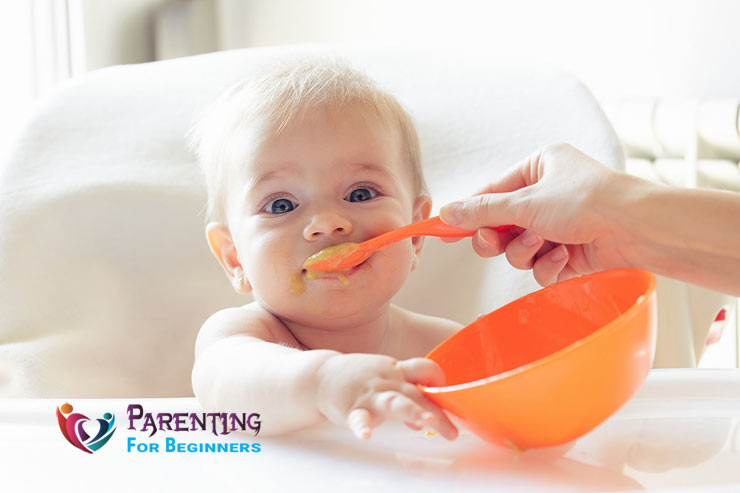Having fun, being patient, proceeding gradually: these are the key elements for a peaceful weaning, which is a source of self-esteem for both children and adults.
The guide to face this moment of growth:
PLAY and patience are the keywords for a peaceful weaning also called weaning or complementary feeding of the baby, i.e. the introduction of new foods into the infant’s diet in addition to milk, to be started between the fourth and sixth month of life. The relationship between parent and child during this essential step is very important. The experts may provide you practical advice, as to which food to offer to the child, giving space in equal measure also to the shape, therefore to the way in which the meal is proposed and to the need for the development of active communication between parent and baby. Here’s how to do it.
THE CONTENT
The essential rules concerning the content include an adequate temporal scan for the introduction of food, the quantities and the choice of foods. It is important to enter the world of complementary nutrition by the age of six months.
At the beginning of the fourth month , when the baby makes five or six meals a day with breastfeeding, the parent can start replacing one of these meals with the first new meal. After one or two months, the new meals become two and the remaining three or four meals are still milk-based. All this while paying attention to a balanced distribution of Macronutrients, providing for a large presence of carbohydrates and fats (which must constitute 43% respectively and 40% of the daily diet) and keeping the amount of protein around 7-8%.
THE FORM
But the form is as important as the content. So go ahead with imagination, play and fun. “Sometimes we tend to think that it is important to worry primarily about how much, what and when you feed the child and that any subsequent eating disorders affect only the child. On the contrary, the parent must be an active part of this path, listening to the needs of the child and at the same time respecting the child’s spaces, times and methods, respecting his individuality that is being built”. The slogan could be “the parent proposes and the child disposes”, adds the expert, who underlines the need for the adult to be neutral and careful about the use of smartphones and PCs during meals of the child but without forcing him or putting pressure. “Always putting the relationship with the child at the center, looking for eye contact and communication during the meal is an important element. Furthermore, the individuality and choices of the little one, who may want to play with small pieces of food or keep another spoon, must be respected”.
THE SPOON LAUNCH
Have fun and play together with the baby it is therefore essential. Among the games suggested by the experts, that of the airplane, always valid, also because in this phase the child begins to be attracted to the outside world and this destructibility, can be appropriately exploited by the parent in order to make him eat. The game of throwing a spoon or other small objects, as well as being fun, also becomes instructive in this child’s growth phase: often the child drops the spoon and then looks at the parent to have it returned. “The parent should avoid getting tired of picking up the spoon, since with this game the child learns that objects continue to exist even when they are not visible to him”.
FOOD PROBLEMS
A calm and participatory approach by mom and dad are essential to accompany the little one in the world of food, from the spoon to the new flavors up to the discovery of the consistency of the food. All this are also to avoid the risk of subsequent food problems. And this not only from a nutritional point of view with insufficient or incorrect nutritional intake but also from a psychological point of view. On the other hand, adds the expert, several studies show how an alteration of the mother-child interaction can be the basis of even early eating disorders.
“Let’s think about what happens when a parent forces a child to eat food he does not like using an intrusive or hyper-controlling attitude or even simply anxious and worried: sometimes we see this behavior leading to the so-called food aversion, that is the refusal of certain foods, with the development of a reactive attitude characterized by a diet that is sometimes very selective and restrictive”. Peace of mind, attention and fun, therefore, are the guiding words for the parent even during the meal time. Do not forget, then, that in this process the pediatrician acts, not only with respect to the physical growth of the child but also with the emotional, cognitive and behavioral growth, elements that must never be put in second place plan.










